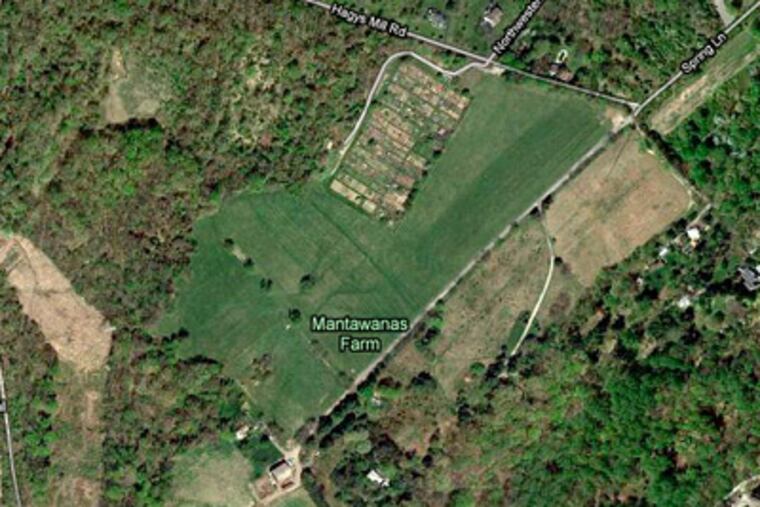Philadelphia Council panel opposes expanded community garden at Manatawna Farm
The City of Philadelphia had hoped to expand urban farming by offering five acres to people who wanted to grow produce on Manatawna Farm in Upper Roxborough.

The City of Philadelphia had hoped to expand urban farming by offering five acres to people who wanted to grow produce on Manatawna Farm in Upper Roxborough.
But some neighbors opposed the plan, and on Wednesday a City Council committee handed them a victory. The Committee on Rules passed a bill that would bar commercial farming and the expansion of community gardens there.
The legislation requires full Council approval, so it's still possible that the Department of Parks and Recreation could proceed with plans for urban farms there.
The bill's supporters argued that shifting five acres to grow vegetables and flowers instead of hay would damage animal habitats.
"Make no mistake, I am for urban farming, but not at Manatawna," said Councilman Curtis Jones Jr., who sponsored the bill. He had introduced the legislation on behalf of neighbors, who say changing farming there could damage the bobolinks, meadowlarks, eastern box turtles, foxes, wild turkeys, bobcats, and other species.
Parks Commissioner Michael DiBerardinis said that he was disappointed at the committee's decision, but that his department would continue to explore ways to expand urban farms.
"The question is: How do we put together food production in the city in a way that supports urban agriculture in the long run and also makes quality fruits and vegetables available to people throughout the city?" he said.
Manatawna has been a working farm for decades. Its 76 acres straddle the city line and Whitemarsh Township in Montgomery County. On about 25 acres, students from Saul High School's agriculture program grow hay to feed their animals. The parks department proposal would have offered five acres used for hay to urban farmers who want to grow other things.
An additional 13 acres are used for pasture, and seven acres are home to community gardens. The rest are wooded and not suitable for farming.
Fairmount Park executive director Mark Focht said he feared that Jones' bill would "potentially set a harmful citywide precedent for how park and recreation land is used."
Jones countered that the city had plenty of open land for possible use as farms.
"It's amazing to me that the only place in the city of Philadelphia that can grow a vegetable is Manatawna Farm," Jones quipped.
Two other farms - Fox Chase Farm and Henry Avenue Farm - also are part of the Fairmount Park system and grow vegetables.
Urban farming has become increasingly popular in Philadelphia and elsewhere as a way to revive vacant land and bring more healthy food into the city.
"Make no mistake, taking any portion of this 25-acre minimally disturbed hay field for commercial farming will destroy the biodiversity it supports forever, as it is in the center of 600 acres of conserved land," said Christina Kobland, who testified before the committee and identified herself as a zoologist.
"Sensitive species shy away from fragmented parcels. Land animals cannot pass through a fenced-off field," she said.
Emilio Garcia, a senior at Saul who is president of citywide student government for the School District of Philadelphia, told Council that his schoolmates needed to keep growing hay at Manatawna to feed their animals.
"All the livestock depend on Manatawna's hay," Garcia said.